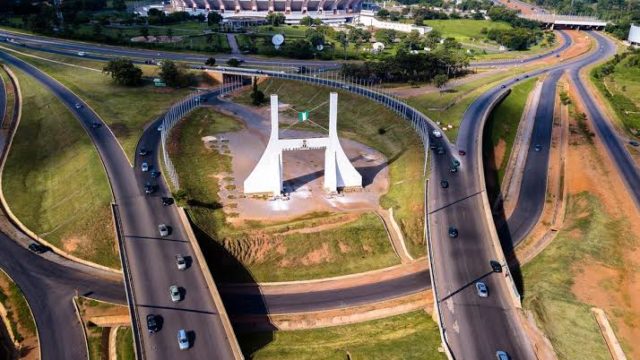The city which replaced Lagos as the nation’s capital on 12 December 1991 is home to amazing facilities, structures and interests
- Abuja is a choice destination of blue-chip companies and headquarters for organizations
Buzz Nigeria reports that Abuja is home to foreign embassies and multinationals. This is largely due to its well-planned and structured development. Headquarters of organizations of private individuals and parastatals of public interest are also situated in Abuja, including the Central Bank of Nigeria, Niger Delta Development Commission (NDDC) and so forth.
- Why Nigeria’s headquarter was moved to Abuja
Britannica affirms that the nation’s capital was moved from Lagos to its present location, Abuja because of its ease of accessibility, healthy climate, low population density and availability of a large expanse of land for future expansion. It is said to be the first planned city to be built in Nigeria.
- Abuja city is located in a tropical area
Abuja is situated in a tropical zone Buzz Nigeria reports. This is a handy fact for visitors and persons looking to relocate to the nation’s capital. The implication of this is that it has a high temperature throughout the year. There are also wet seasons.
- Its population
The 2006 population census pegs Abuja’s population at 776, 298, according to Wikipedia but it sure would have gone higher than that. The city’s administration is run by the Abuja Municipal Area Council.





















